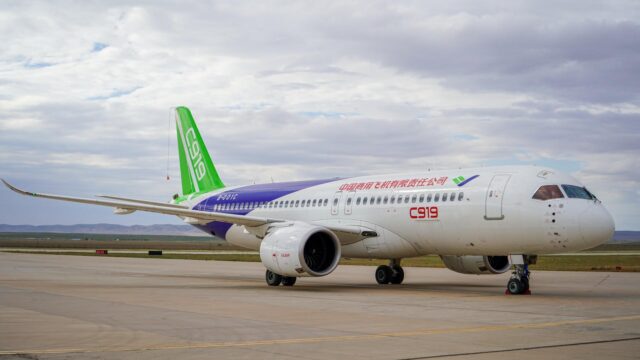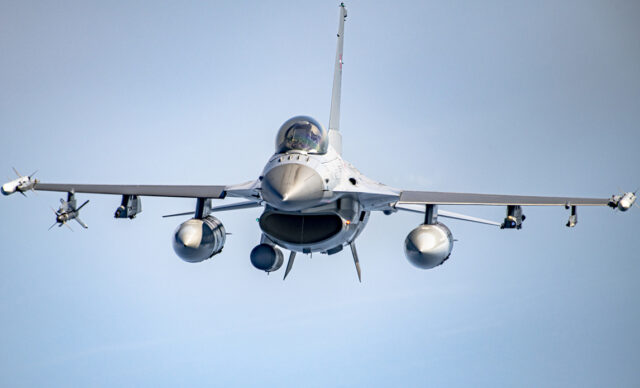ALPA president responds to EASA’s revised approach to reduced-crew operations

January 23, 2025

The Air Line Pilots Association (ALPA) president Jason Ambrosi has responded to the European Union Aviation Safety Agency’s (EASA’s) revised approach to reduced-crew operations emphasising that safety starts with two pilots.
EASA’s shift in its approach that could allow for single-pilot operations in Europe, prioritises the development and deployment of advanced flight deck technologies while leaving the door open for the approval of single-pilot operations on commercial aircraft, according to Capt. Jason Ambrosi.
In response, he issued a statement underlining the risks associated with reducing the number of pilots in the cockpit.
“Thanks to the extraordinary pressure brought to bear by airline pilots across the globe, European aviation regulators are retooling their review of reduced-crew operations. While this is step in the right direction, whether it’s branded as “smart cockpit” or extended minimum crew operations, removing pilots from the flight deck is a dangerous idea,” said Ambrosi.
He emphasised ALPA’s unwavering commitment to maintaining the highest safety standards in commercial aviation and to fighting any attempt to reduce crew complement. “The complexity of modern aircraft operations, coupled with the vital need for redundancy in safety-critical environments, requires maintaining a two-pilot flightdeck at all times, and we will not back down on that.”
Pilots know best
Ambrosi also pointed out the critical role pilots play in ensuring safety during inflight emergencies. “No one understands better than a pilot that when an issue arises in flight, it is the pilots who are responsible for achieving a safe outcome,” he continued.
In line with its efforts to raise awareness, ALPA has been working as part of a global coalition of pilot unions to educate a wider public audience about the ‘Safety Starts with 2’ campaign. The initiative aims to inform the public and industry stakeholders about the importance of maintaining a two-pilot flight deck during all phases of flight, even as emerging technologies are rolled out.
“We look forward to partnering with industry stakeholders to ensure that improvements in technology – which are a good thing – do not replace pilots or allow operators to reduce crew complement,” he concluded.
Manufacturers and airlines driving demand
The move to push for eMCO or Single Pilot operations (SiPO) is “driven by the commercial interest from manufacturers and airlines putting cost-cutting above passenger safety,” according to the European Cockpit Association (ECA). In a statement in Linkedin, the ECA underlined , “One pilot means less safety, less security. Full stop.” It further urged regulators to remain “laser focused on safety,” despite ongoing pressure from manufacturers and certain airlines to advance these changes.
While EASA continues to evaluate the concept of Extended Minimum Crew Operations, (eMCO) which would enable single pilot operations for specific phases of flight with the support of enhanced automation, the timeline for rulemaking decisions has been delayed. EASA now anticipates that any regulatory decisions on reduced-crew operations will not be made until the end of the decade. In its annual update on Tuesday 21 January, the regulator said it will conduct a study to assess the role of “advanced flight deck technologies” and to develop a regulatory framework for the safe integration of smart cockpits in commercial air transport operations. This marks a shift from EASA’s previous rulemaking study launched in 2023, which was aimed at developing guidelines for the “safe implementation of eMCO”. The latest initiative focuses on the smart cockpit concept, reflecting a more cautious approach to the introduction of reduced-crew operations.
















